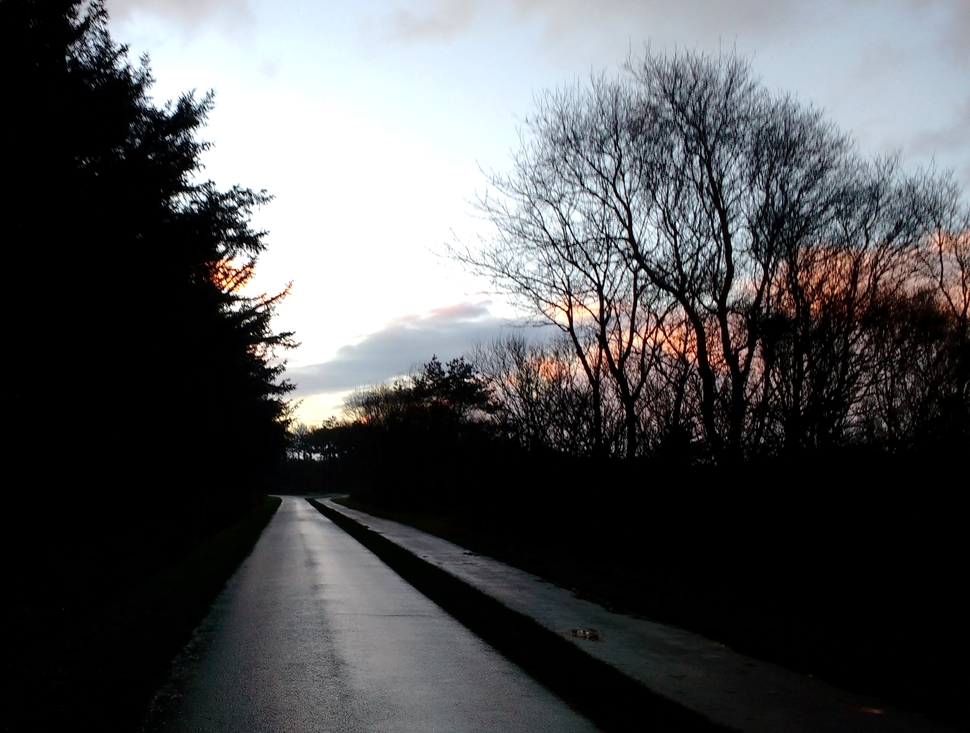If I had to describe this week on Texel with two words these would be ‘zoom out’. We have been zooming out like when you shorten the focal length of a camera to capture a broader view in a picture.
We have honoured creativity in our own bubble, in which we allowed ourselves to think beyond present and create future, imagine ourselves as an oracle and even judge the impacts of ‘futuristic’ designs. In which we allowed ourselves to think beyond technology, since technology is embedded in a society with a local culture and identity. In which we could be Creators of future history inventing crises as a catalyst for re-generation and positive change. In which we talked about sustainable business models where economy can be blue and about sustainable relationships; about fostering the local potential and valuing quality, community and uniqueness; about innovation or creative destruction in a connected world; about decisions in the form of pathways. After this experience, I plan to push the boundaries of my imagination more often: it raises ambitions, avoids taking assumptions for granted… and is simply fun!
But here it comes: the left side of the brain, the logical one. The broader the view… the more abstract and complex the picture becomes. After this week, I understand sustainability as something vaguer than I did when I was ‘zooming-in’ my subsystem. And why not: more utopian. It appears to me now as a balanced state in the long-term future; in which the weighting scale of my first column manages to keep ‘people, profit and planet’ in equilibrium over time as a result of a new common mind-set. But my left side of the brain suggests that this fully balanced state is not reachable in practice. We are subject to constant change that breaks the balance. Crises trigger evolution but they also bring a sense of urgency for survival, which focuses on immediate results for the short-term future. So, how to do? How to reach a balance between zooming in and zooming out? Between individualism and community? Between the ‘nostalgic’ and ‘utopic’ Texel that they described us, where there is both restauration and innovation?
My plan is to embrace and keep the feeling I had when biking in complete darkness, when hearing complete silence in the dunes, when listening to the initiatives of locals or when imagining and creating future as part of the group. And then… let this feeling inspire my (zoomed-in) daily actions. I am curious about how Texel will be in 2065. If I am able to experience it with 73 years old I wish I can still feel the beauty of its nature.
